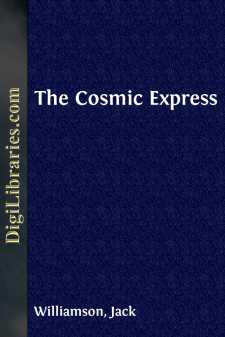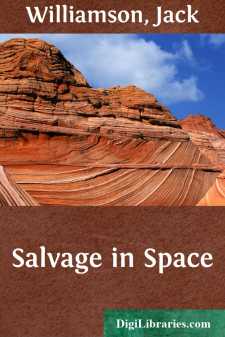Categories
- Antiques & Collectibles 13
- Architecture 36
- Art 48
- Bibles 22
- Biography & Autobiography 815
- Body, Mind & Spirit 144
- Business & Economics 28
- Children's Books 18
- Children's Fiction 14
- Computers 4
- Cooking 94
- Crafts & Hobbies 4
- Drama 346
- Education 58
- Family & Relationships 59
- Fiction 11835
- Games 19
- Gardening 17
- Health & Fitness 34
- History 1378
- House & Home 1
- Humor 147
- Juvenile Fiction 1873
- Juvenile Nonfiction 202
- Language Arts & Disciplines 89
- Law 16
- Literary Collections 686
- Literary Criticism 179
- Mathematics 13
- Medical 41
- Music 40
- Nature 180
- Non-Classifiable 1768
- Performing Arts 7
- Periodicals 1453
- Philosophy 65
- Photography 2
- Poetry 896
- Political Science 203
- Psychology 44
- Reference 154
- Religion 515
- Science 126
- Self-Help 85
- Social Science 83
- Sports & Recreation 34
- Study Aids 3
- Technology & Engineering 60
- Transportation 23
- Travel 463
- True Crime 29
Our website is made possible by displaying online advertisements to our visitors.
Please consider supporting us by disabling your ad blocker.
The Cosmic Express
by: Jack Williamson
Categories:
Description:
Excerpt
Introduction by Sam Moskowitz
The year 1928 was a great year of discovery for AMAZING STORIES. They were uncovering new talent at such a great rate, (Harl Vincent, David H. Keller, E. E. Smith, Philip Francis Nowlan, Fletcher Pratt and Miles J. Breuer), that Jack Williamson barely managed to become one of a distinguished group of discoveries by stealing the cover of the December issue for his first story The Metal Man.
A disciple of A. Merritt, he attempted to imitate in style, mood and subject the magic of that late lamented master of fantasy. The imitation found great favor from the readership and almost instantly Jack Williamson became an important name on the contents page of AMAZING STORIES. He followed his initial success with two short novels, The Green Girl in AMAZING STORIES and The Alien Intelligence in SCIENCE WONDER STORIES, another Gernsback publication. Both of these stories were close copies of A. Merritt, whose style and method Jack Williamson parlayed into popularity for eight years.
Yet the strange thing about it was that Jack Williamson was one of the most versatile science fiction authors ever to sit down at the typewriter. When the vogue for science-fantasy altered to super science, he created the memorable super lock-picker Giles Habilula as the major attraction in a rousing trio of space operas, The Legion of Space, The Cometeers and One Against the Legion. When grim realism was the order of the day, he produced Crucible of Power and when they wanted extrapolated theory in present tense, he assumed the disguise of Will Stewart and popularized the concept of contra terrene matter in science fiction with Seetee Ship and Seetee Shock. Finally, when only psychological studies of the future would do, he produced "With Folded Hands ..." "... And Searching Mind."
The Cosmic Express is of special interest because it was written during Williamson's A. Merritt "kick," when he was writing little else but, and it gave the earliest indication of a more general capability. The lightness of the handling is especially modern, barely avoiding the farcical by the validity of the notion that wireless transmission of matter is the next big transportation frontier to be conquered. It is especially important because it stylistically forecast a later trend to accept the background for granted, regardless of the quantity of wonders, and proceed with the story. With only a few thousand scanning-disk television sets in existence at the time of the writing, the surmise that this media would be a natural for westerns was particularly astute.
Jack Williamson was born in 1908 in the Arizona territory when covered wagons were the primary form of transportation and apaches still raided the settlers. His father was a cattle man, but for young Jack, the ranch was anything but glamorous. "My days were filled," he remembers, "with monotonous rounds of what seemed an endless, heart-breaking war with drought and frost and dust-storms, poison-weeds and hail, for the sake of survival on the Llano Estacado." The discovery of AMAZING STORIES was the escape he sought and his goal was to be a science fiction writer....




